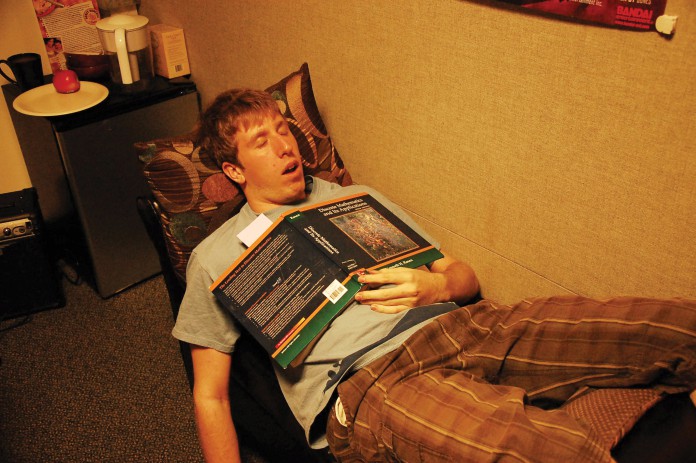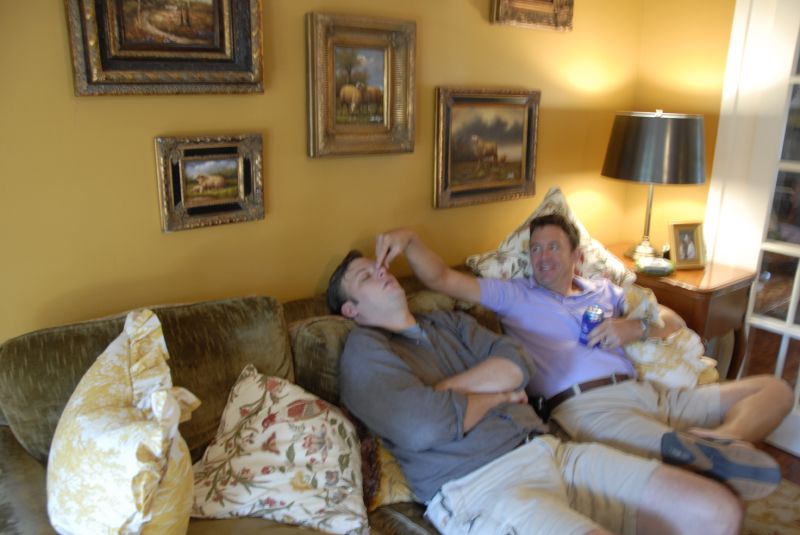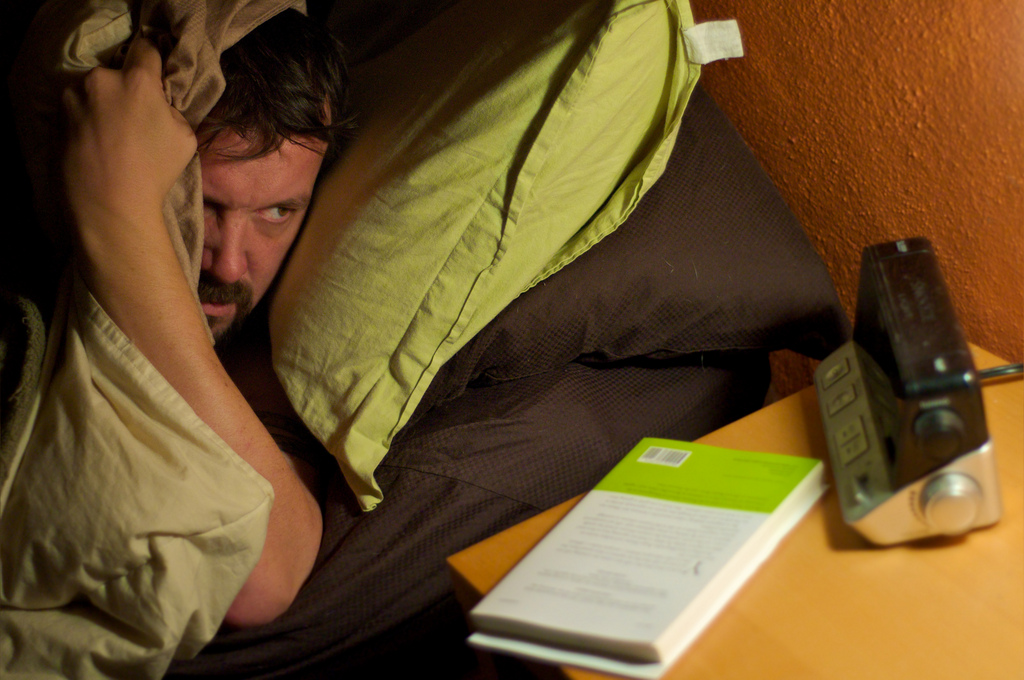People take snoring as something normal. Nobody is concerned about snoring unless it is directly affecting you or someone you live with. It might be a sign of sleep disorder which might even be fatal. Snoring is a sign of sleep apnea which is a sleep disorder, in which breathing stops for some seconds while people are asleep. It’s also the time when the oxygen content in blood drops by 4 percent or more. This disorder is not curable in most cases but is treatable.

What is Sleep Apnea?
Sleep apnea is a sleeping disorder which disturbs the sufferer as well as everyone sleeping around. It prevents people from getting deep sleep (REM sleep). Sleep apnea interrupts breathing for a small amount of time and breathing becomes shallow. The interruptions occur several times a single night and each one lasts for about 10 to 20 seconds. The person wakes up for a brief time with a choking sound, changes position and again goes back to sleeps but does not remember it after waking up.

Sleep apnea results in low oxygen level in blood due to less airflow. Uninterrupted deep sleep is required for the body to function properly and restore the cells of the body, energy levels and brain capacity. Sleep apnea causes sleepy feeling during daytime, poor concentration/alertness and slow reflexes leading to accidents. It not only affects the daily activities but also leads to other long term consequences like diabetes, high blood pressure, insomnia, mood disorders and heart problems.
Treatment prevents the symptoms and helps you get good sleep. Everyone who snores might not have sleep apnea but all people who have sleep apnea might not snore. If you snore and feel fatigue or sleepy during the day, you might have sleep apnea. But, if you snore but feel alright you might not have it. Anyone can have sleep apnea. Even children can suffer from sleep apnea.
Types of Sleep Apnea
Obstructive sleep apnea
It is the most common type of sleep apnea. The obstruction of airflow occurs when the soft tissue of throat relaxes and prevents air from passing properly through the throat while sleeping. People with obstructive sleep apnea snore more. Snoring goes away for some time after changing positions while asleep. The person won’t mostly remember waking up in between. It is caused by deviated septum, swollen turbinates, problem in palate and uvula, etc.
Central sleep apnea
Central sleep apnea occurs in very few people. This type of sleep apnea is related to the central nervous system of the body. The brain is not able to send signals for the breathing muscles to work. People with this type of sleep apnea do not snore generally. Here, the person consciously awakens to change the position to sleep again after less oxygen reaching to the brain. It happens mostly to people with heart disease, congenital diseases, premature birth or medications.
Complex sleep apnea
This is a kind of sleep apnea where both of the above types of sleep apnea combines together. They have the problem of throat as well as central nervous system.
Sleep apnea is a serious disorder which must be treated with the help of the doctors and sleep specialists.
Causes or Risk Factors of Sleep Apnea
There are many causes of sleep apnea known which pose a risk for a particular group of people though all three types can happen to everybody.
The major risks are for the people who are:
- Overweight or obese
- Male are more at risk than females
- Genetic connection with people who have sleep apnea or family history of sleep apnea
- People who are more than 40 years old
- Smokers are more at risk
- Many physical and medical conditions like deviated septum, enlarged tonsils, large neck size, etc. are risk factors for obstructive sleep apnea
- Diseases like heart disease, spinal injury, neurological problems, etc. are risk factors for central sleep apnea
- Premature birth children
- People with Gastroesophageal reflux

Sleep apnea is a serious sleep disorder which must be treated. If you are at risk, you must take preventive steps. If you are already suffering, you must get treatment. If symptoms of sleep apnea match, you must seek medical care. Even if it other symptoms do not match but you snore, you should seek help for other sleep disorders too. And if you or your dear ones’ life is suffering due to the symptoms, you should make changes in your lifestyle to get away from the symptoms. Though there is no cure, the condition can be stabilized with treatments.